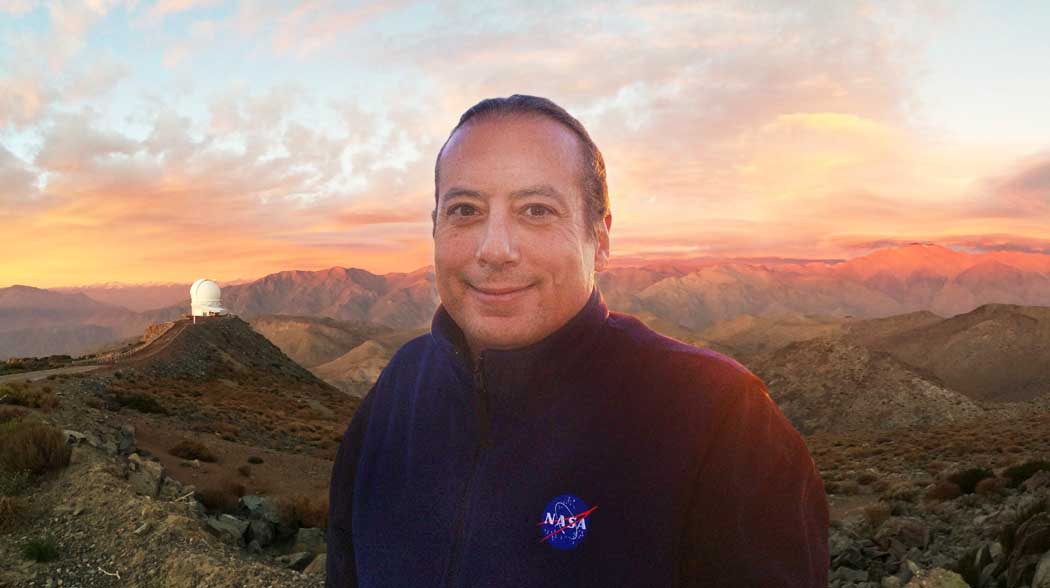|
A code of ethics for professional astronomers may be divided into three broad categories that encompass the wide variety of activities that astronomers may face during their careers.
- This includes, inter alia, the ethical code of conduct between the student or postdoc and the senior mentors, such as faculty members at universities or directors of research entities. The ethical code may address personal relationships, conflicts of interest, exploitation of labor, and data rights.
- Astronomy research has many gray areas that are not easily governed by the three basics of elements of research misconduct (plagiarism, fabrication, falsification). For example, though plagiarism is unethical, are the penalities for plagiarism equal among junior and senior astronomers? How does one deal with unethical conduct by a research partner, or maintain research integrity when resources and incentives originate from industry or the military?
- A pun on a fictional space vessel also encompasses the ethical dilemmas arising from large-scale, long-term projects or missions. For example, the environmental impact of an observatory may justify its removal, and astronomers must weigh the costs and benefits for stakeholders outside their profession. What are the legal precedents and ethical implications of building observatories at pristine locations on Earth, the Moon and Mars? Do large astronomy projects impose an ethical obligation in the education component to train students in skills and knowledge that serve the functional needs of projects, rather than curiosity-driven basic research
|

